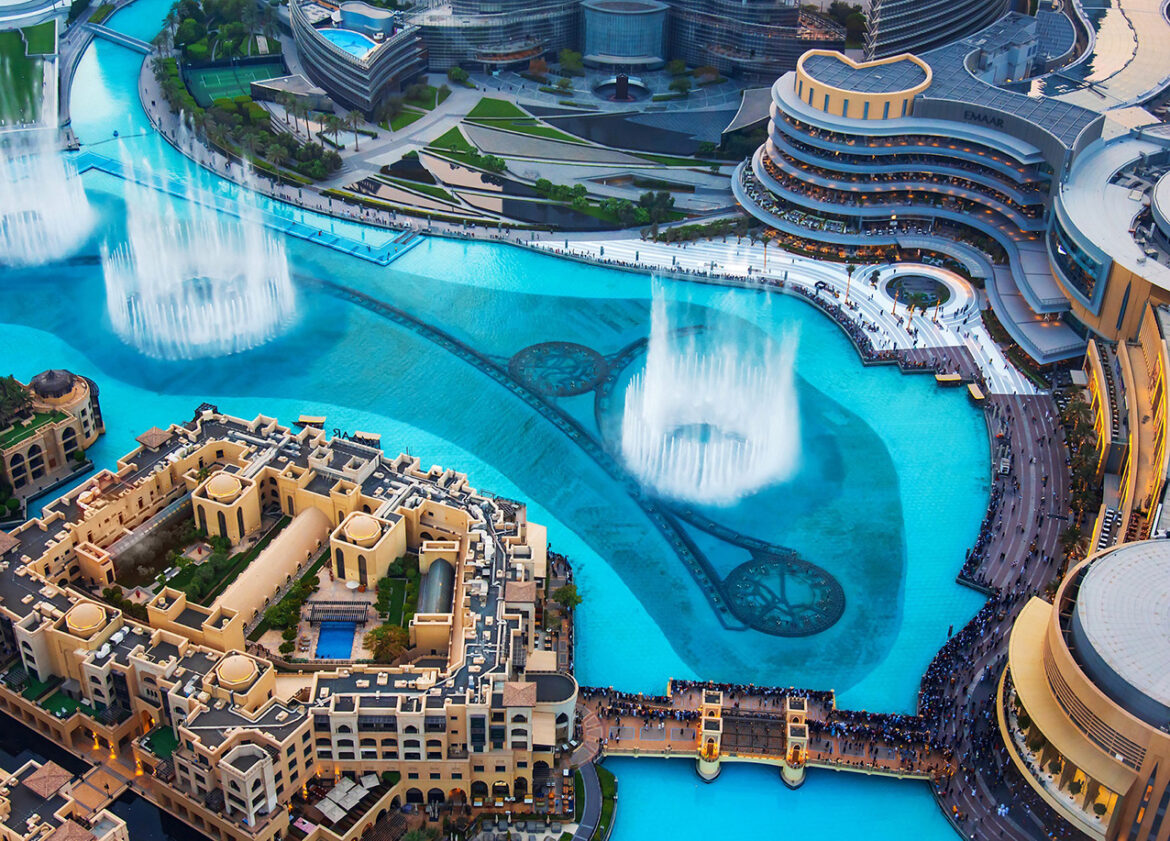- The Emirate preserves its status as a safe haven for investors, amidst geopolitical and economic headwinds in other global investment markets
- The average occupancy rate for Dubai hotels stood at 77% in 2023 and the number of international visitors surpassed pre-pandemic levels
Dubai, United Arab Emirates, February 28, 2024 – Theleading global professional services firm, Deloitte, released its annual Real Estate Report for the year 2023, reflecting on the robust performance of Dubai across all market sectors.
The residential market in Dubai has experienced remarkable growth in 2023, with sales prices increasing by 18% and rental rates soaring by 26% over the previous year. The market continues to be dominated by cash buyers, and demand for affordable villas and townhouses has fueled rental activity in this segment. Villa price growth has outpaced prices for apartments, while rent increase has moved in tandem. This trend is expected to persist in 2024, although the rate of growth may stabilize as new supply enters the market.
Despite the introduction of corporate tax in 2023, the impact on the office market performance is limited, as rent prices surpassed pre-pandemic levels. Dubai’s appeal to attract consumer goods companies looking to launch brands in the Emirate, amid the influx of new residents and tourists, is driving further growth in the retail sector.
Stefan Burch, Partner and Head of Real Estate at Deloitte Middle East, said “Investor confidence in Dubai’s real estate remains steadfast, driven by safety, desirable lifestyle offerings, and now, enhanced by the recently golden visa regulations. With a burgeoning population, a surge in tourist arrivals, and robust economic growth, Dubai will continue to provide opportunities for investors seeking stability and prosperity.”
Residential
Transaction volumes increased by 29% in 2023 when compared to 2022. Secondary market properties constituted 41% of the total transactions in 2023, with Business Bay, Downtown and Jumeirah Village Circle recording the highest number of transactions.
Palm Jumeirah apartments, Dubai South and MBR City are the top three areas for sales price growth year-on-year (Y-o-Y) against Palm Jumeirah villas, Dubai Sports City and Dubailand which witnessed the steepest decline in price. By comparison, rent increases were highest in DIFC, Jumeirah and Dubailand residence, ranging from 36% to 39%, while the lowest increase was in International City at 8%.
Hospitality
Dubai welcomed 15.4 million overnight visitors for the first 11 months of 2023, with the highest number of international guests from Western Europe at 19%, followed by Southeast Asia at 18%. International visitors have surpassed pre-pandemic levels by 2% and shown a 20% Y-o-Y growth.
As a result, Dubai’s hospitality sector demonstrated solid performance, with the average occupancy rate standing at 77%, peaking at 88% in February.
Offices
Office rents in 2023 increased by 17% in comparison to 2022, surpassing pre-pandemic levels by 20%, reflecting Dubai’s robust position as a preferred destination among global corporations looking for a regional footprint.
Despite heightened competition from Abu Dhabi and Riyadh, which are targeting similar regional and international occupiers as Dubai, the forecasts for economic growth in Dubai coupled with continued initiatives for ease of doing business, are positive factors for the office market performance going forward.
Retail
Total retail expenditure is expected to multiply, projecting a compound annual growth rate (CAGR) of 4.5% from 2022 to 2027. This is largely driven by the anticipated rise of residents and tourists in Dubai by 2030. The future outlook remains optimistic with retail sales in the UAE and specifically in Dubai expected to reach AED 428 billion and AED 102 billion, respectively, by 2027.








